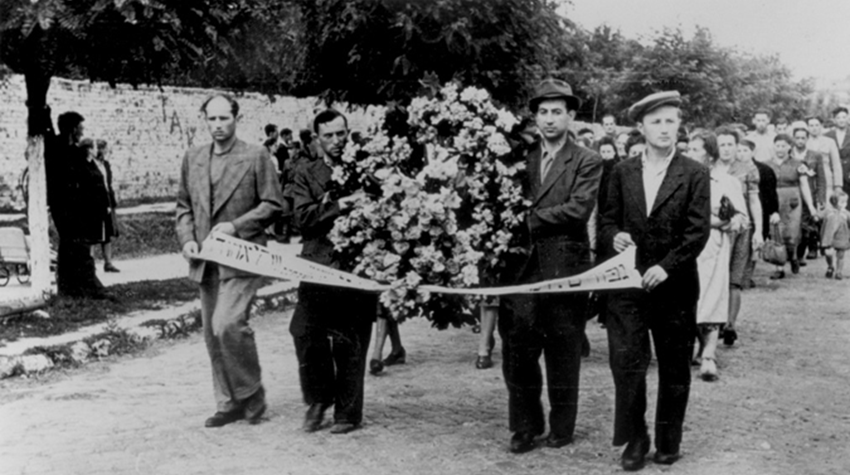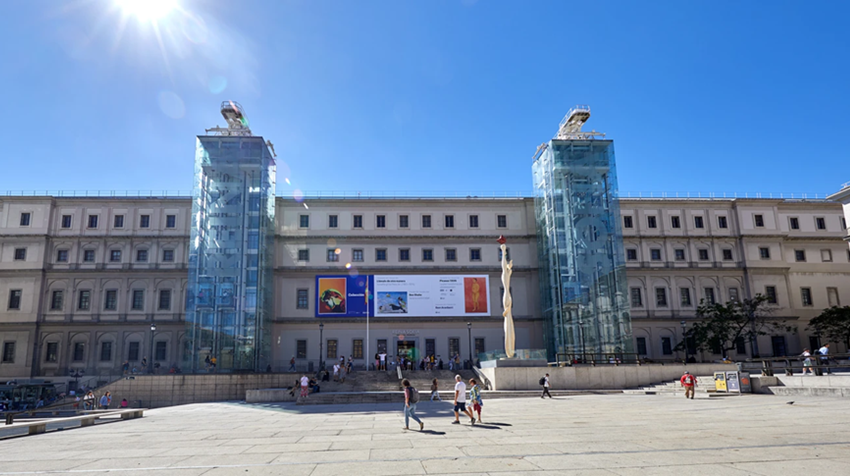Funeral procession for victims of the Kielce pogrom. Kielce, Poland, July 1946. Credit: Holocaust Encyclopedia
On July 4, 1946, one of the most tragic and dark episodes of the post-war period occurred in Kielce, Poland: the Kielce pogrom. This violent attack against the local Jewish community was the first significant antisemitic massacre after the Holocaust, at a time when survivors were trying to rebuild their lives.
That day, a false rumor about the kidnapping of a Polish child by Jews triggered a wave of hatred that led crowds to attack Jews, resulting in the death of about 42 people and leaving dozens injured. The pogrom revealed the persistence of antisemitism even after the atrocities of World War II and had a profound impact on the decision of many survivors to leave Europe.
Today, 79 years later, the Kielce pogrom remains a painful reminder of the challenges faced by Jews in the post-war period and the ongoing need to fight hatred and intolerance in all its forms.


































